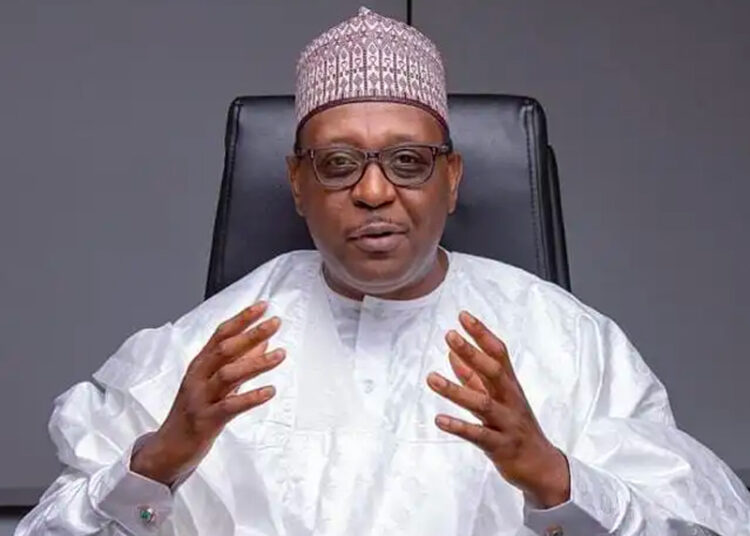The coordinating minister of Health and Social Welfare, Prof. Ali Pate, has disclosed the federal government’s commitment to decriminalising attempted suicide in Nigeria.
The minister disclosed this on Thursday at a media conference in commemoration of the 2024 World Suicide Prevention Day, themed: “Changing the Narrative on Suicide”, in Abuja.
Represented by the permanent secretary in the Ministry, Daju Kachollom, the minister noted that the ministry launched the National Suicide Strategic Framework (2023-2030) to boost mental health and aid in prevention of suicide.
He said, “The document clearly identifies the risk and protective factors associated with suicide in Nigeria, as well as the strategic objectives, interventions and indicators for suicide prevention in line with international best practices.
“One of the key policy actions in this document is a decriminalisation of attempted suicide. Instead of punishment and ostracisation, we must extend helping hands and support, instead of sensationalising the reporting.
“I am pleased to inform you that the Federal Ministry of Health and Social Welfare is working closely with the Office of the Attorney General of the Federation and partners to address the section of the law that criminalises attempted suicide. Soon, Nigeria will join the committee of nations that have decriminalised attempted suicide.”
The minister said that available data on suicide rates in Nigeria is put at 12.9 per 100,000, which is very high for Nigeria, adding that suicide rates are mostly high among young people aged 15 to 29 years, making it the fourth leading cause of death in this age group in Africa, and accounting for 40 per cent of all suicide deaths.
He, however, said that the statistics may not fully reflect the true prevalence of suicide in Africa, as all the reporting and stigma surrounding mental health issues remain huge barriers to accurate reporting.
The country representative, World Health Organisation (WHO), Dr Walter Mulombo, said for every suicide, there are likely to be 20 other people making a suicide attempt, and many more have serious thoughts of suicide.
Represented by Mary Bantuo, Mulombo said that changing the narrative of suicide is about transforming how the complex issue is perceived and shifting from a culture of silence and stigma to one of openness, understanding and support.





